The Art of Taking an Effective Mental Health Day
The Art of Taking an Effective Mental Health Day
In today's fast-paced world, prioritizing mental health has become more important than ever. Just as we take sick days to recover from physical ailments, it's equally important to recognize when we need a break to tend to our mental well-being. Enter the concept of the "mental health day" – a designated day off to recharge, reset, and focus on self-care. However, simply taking a day off work or responsibilities isn't enough; the key lies in taking an effective mental health day. Here are some tips for how to do just that:
Recognize the Signs: Before you can take action, it's essential to recognize the signs that you need a mental health day. These might include feeling overwhelmed, stressed, anxious, irritable, or fatigued. Pay attention to your emotions and physical sensations – they often serve as early indicators that you need to take a step back and prioritize your mental health.
Plan Ahead: Once you've identified the need for a mental health day, plan ahead for it. Choose a day when you can truly disconnect from work or other responsibilities. Let your employer or colleagues know in advance if possible. Clear your schedule and commit to dedicating the entire day to self-care.
Disconnect: On your mental health day, disconnect from anything that causes stress or anxiety. Turn off work emails, silence notifications on your phone, and step away from social media. <— We know that’s sometimes the toughest boundary to draw! Create a boundary between yourself and the outside world to give yourself the space you need to relax and rejuvenate.
Engage in Activities That Bring You Joy: Fill your mental health day with activities that nourish your mind, body, and soul. Whether it's spending time in nature, practicing yoga or meditation, reading a book, indulging in a creative hobby, or simply taking a long nap – do whatever makes you feel happy and at peace.
Nourish Your Body: Remember to nourish your body with food you love and that fuels your body. Drink plenty of water to stay hydrated. Avoid excessive caffeine or alcohol, as they can exacerbate feelings of anxiety or stress.
Prioritize Rest: Allow yourself to rest without guilt. Take breaks as needed, whether it's a short nap, a leisurely walk, or simply sitting in silence. Give yourself permission to slow down and recharge – it's essential for maintaining good mental health. If you need extra encouragement, we love The Nap Ministry.
Reflect and Set Intentions: As your mental health day comes to a close, take some time to reflect on how you feel and what you've learned. Set intentions for moving forward, whether it's implementing new self-care practices, setting boundaries, or seeking additional support if needed.
Taking an effective mental health day is not a luxury but a necessity to free yourself from the grind of work, caring for others, and managing all of life’s daily hassles. By recognizing the signs, planning ahead, and engaging in self-care activities that nourish your mind, body, and soul, you can recharge and prioritize your mental well-being. Remember, self-care is not selfish – it's a vital component of maintaining overall health and happiness. So, the next time you feel overwhelmed or stressed, don't hesitate to take a step back and prioritize yourself. Your mental health is worth it.

